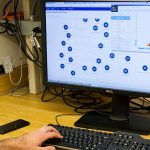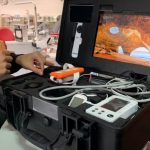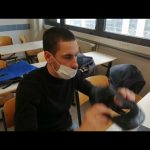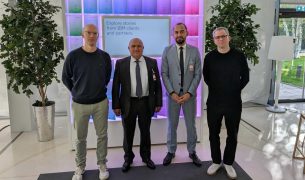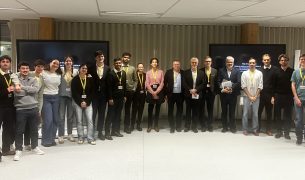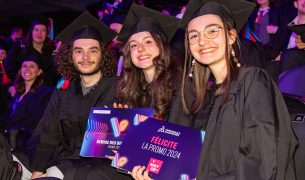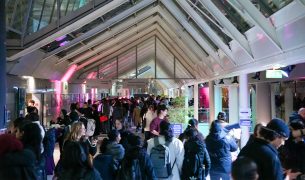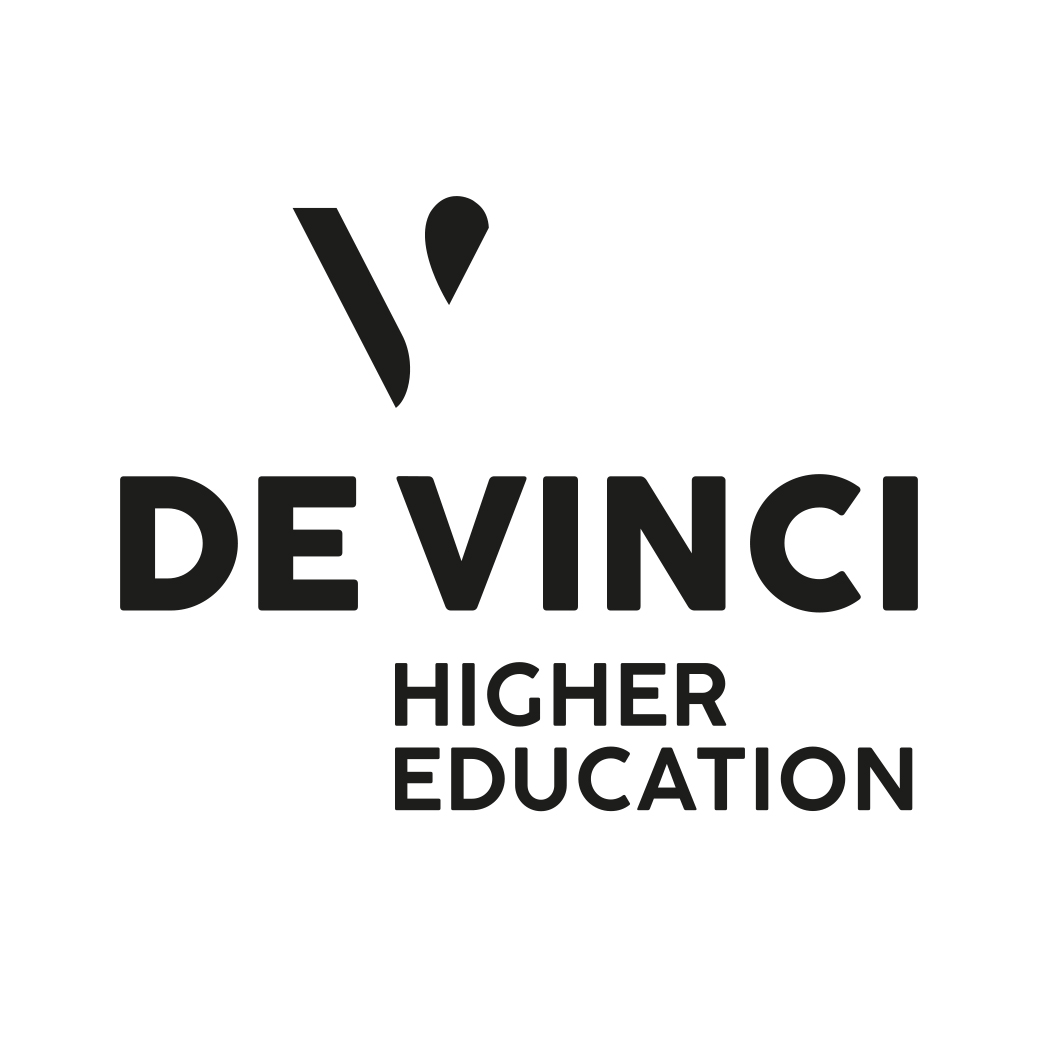Green hospitals embedded in their environment, digitally transformed hospitals, and personalized medicine. Here are some trends shaping the world of health engineering and biotechnology. As data and artificial intelligence infuse all areas of life, how do public and private players drive forward the ecological and digital transitions in healthcare?
In biology and medicine, technologies such as Big Data, artificial intelligence, connected health, mechatronics and computational modeling generate new therapies, diagnostic tools and care paths.
The teaching methods used in the Health Engineering & Biotechnology major enable this transition to take place at the heart of tomorrow’s medicine and provide training in the new “tech for humans” innovation professions.
To help students understand and anticipate these major transformations, the school offers multidisciplinary courses at the frontier between life sciences and engineering disciplines.
ESILV students are at the heart of the sector’s digital transformation and make innovative projects possible in the service of humans. Here is a closer look at three fundamental trends gaining momentum in the health and biotech world that fuel the engineering curriculum at ESILV.
Three trends for healthcare and biotech to watch closely
What technologies and new practices are poised to push healthcare and the medical industry forward in 2022?
Michèle Kanhonou, head of the Health Biotech major, has identified three takeways to watch closely:
Green hospital
A hospital that provides quality health care with less water, energy to maintain its information systems and medical and telemedicine devices, reducing multiple waste products and including recycling in its operation.
Maturin-H (or MaturiN’H) framework
enables the assessment of the digital maturity of a hospital information system according to 7 requirements – ethics and sustainable development, management and organizational practices, response to functional needs, infrastructure needs, quality of service provided, (cyber)security of hospital information services (HIS) and satisfaction with HIS.
Precision medicine
is a medical model providing personalized health care. This approach uses a patient’s biological, clinical, environmental or social data to determine his probability of developing diseases and looks for cures by more precisely calibrating the treatment to each individual. All of this is possible thanks to artificial intelligence.
An upgraded curriculum in computer science and biotechnology
The Health Engineering & Biotechnology major in engineering school must keep pace with the rapid changes in this rapidly evolving sector.
To support these transitions, ESILV provides new specialized courses in addition to the already “classic” modules: machine learning, AI, big data, bioinformatics, neuroengineering, information systems and health networks, bioethics…
Materials and Implants
Materials and Implants is a new materials science course. It focuses on the properties of biomaterials, their classes of behaviors, and the decision making process for selecting a biomaterial to produce an effective and biocompatible implant. The methods to deliver this new module include experimental, laboratory and numerical simulation.
Augmented reality for medicine
The 4th year students will also follow a training around the introduction of augmented reality. They will cover the fundamentals of these new technologies, the existing technological tools for building augmented reality, virtual or mixed experiences in healthcare, as well as 3D shape modeling.
Among the speakers in this new state-of-the-art course for the healthcare sector is Ivan Cimrak, an expert in blood cell biomechanics modeling and co-author of the book “Computational Blood Cell Mechanics: Road Towards Models and Biomedical Applications”.
The Health Engineering & Biotechnology major at ESILV
Telemedicine and IOT engineer, health information systems project manager, biostatistician engineer, R&D engineer…
Health and biotechnologies offer excellent prospects to young engineers seeking meaning and challenges.
Find out more about the major’s curriculum.










